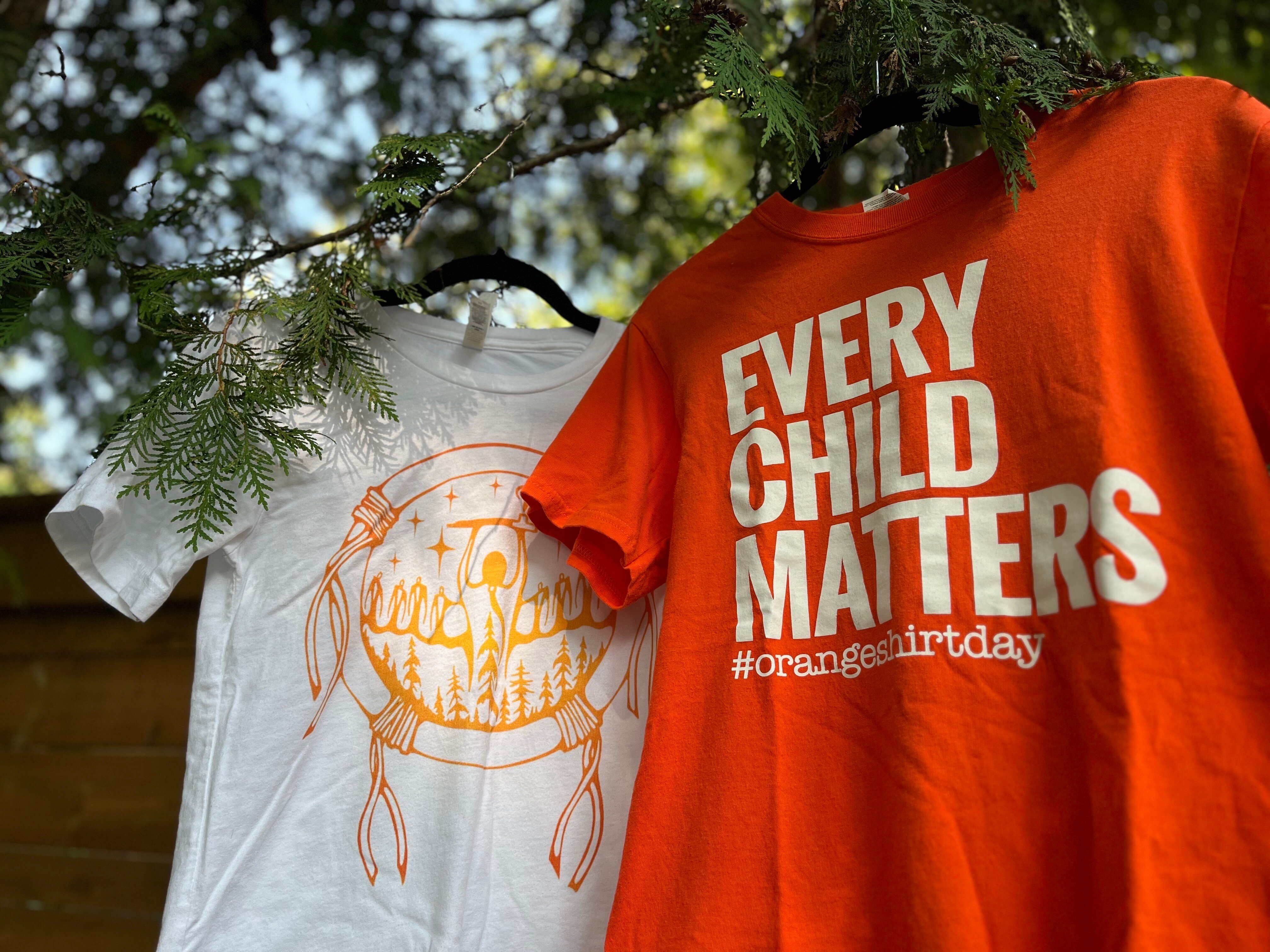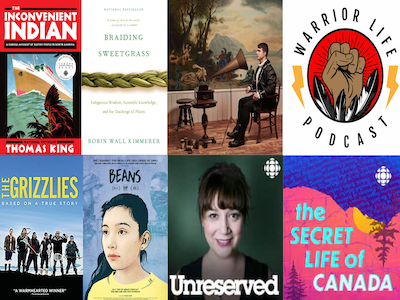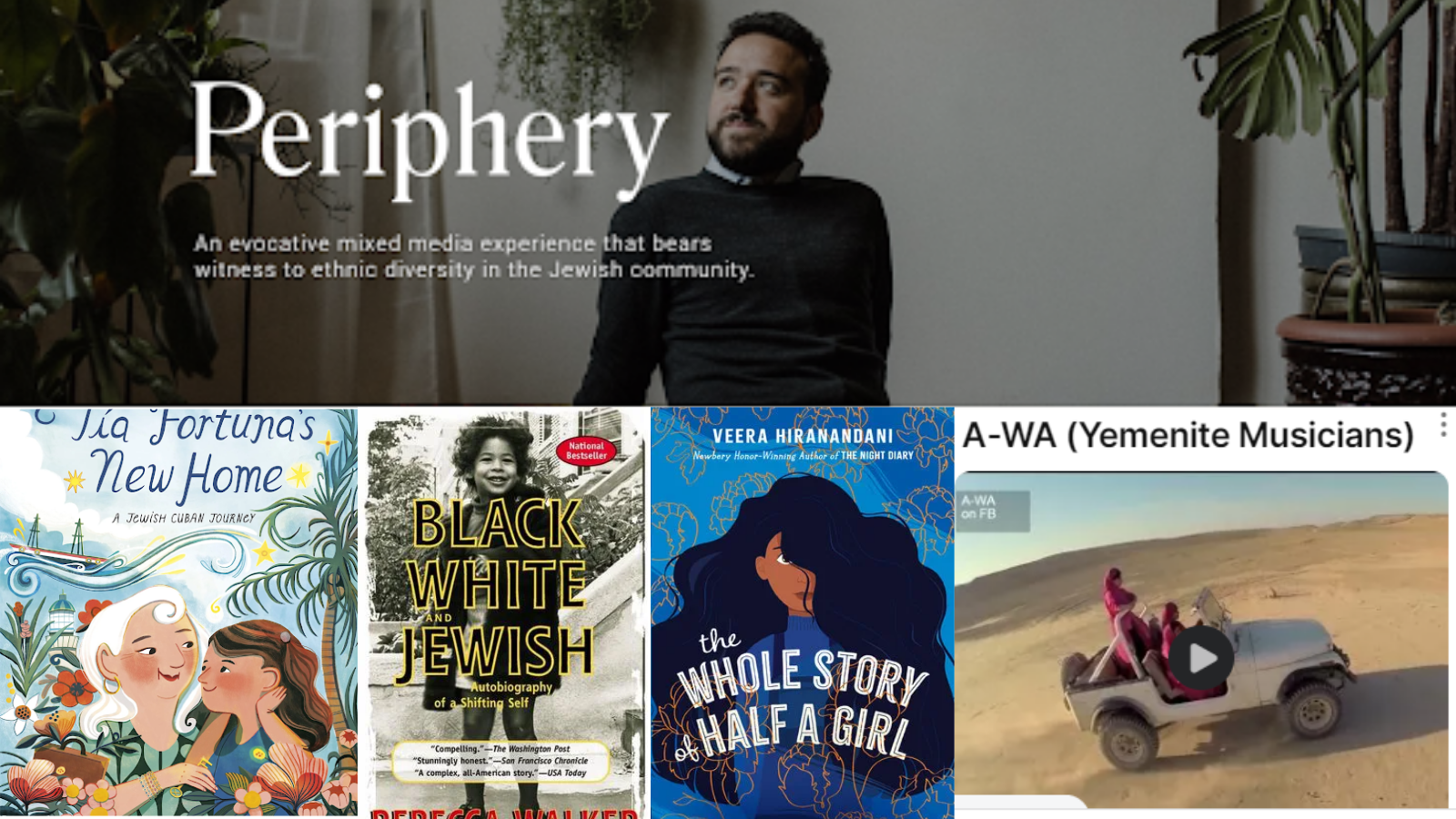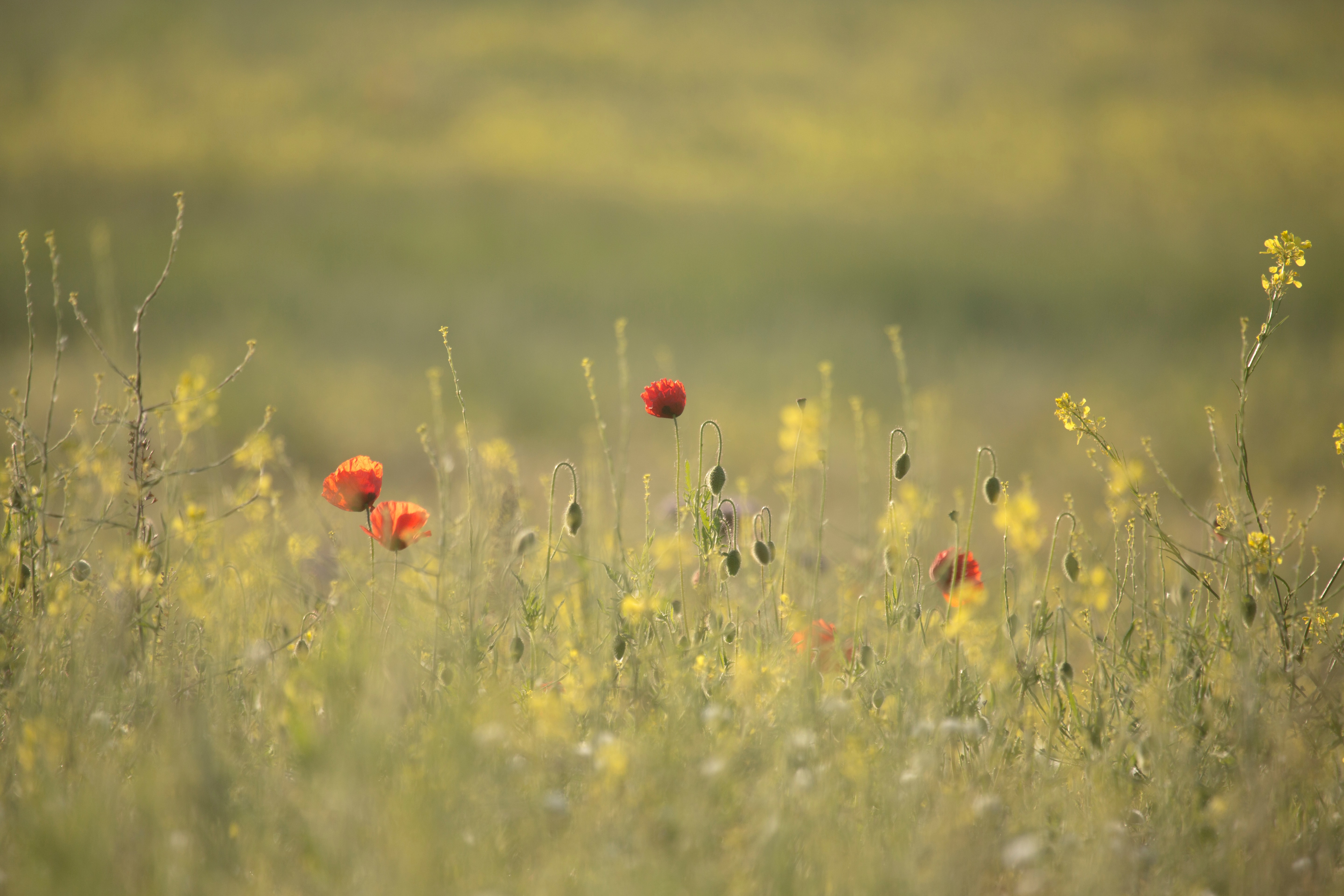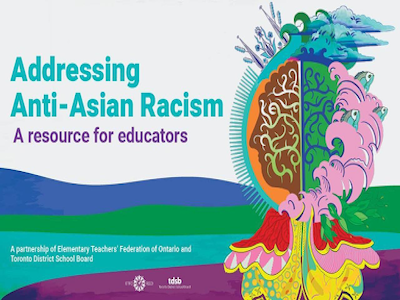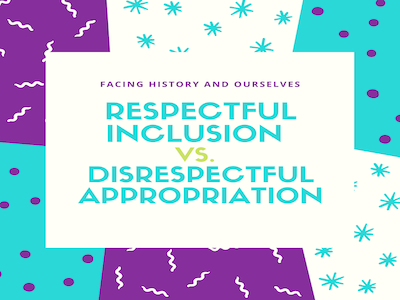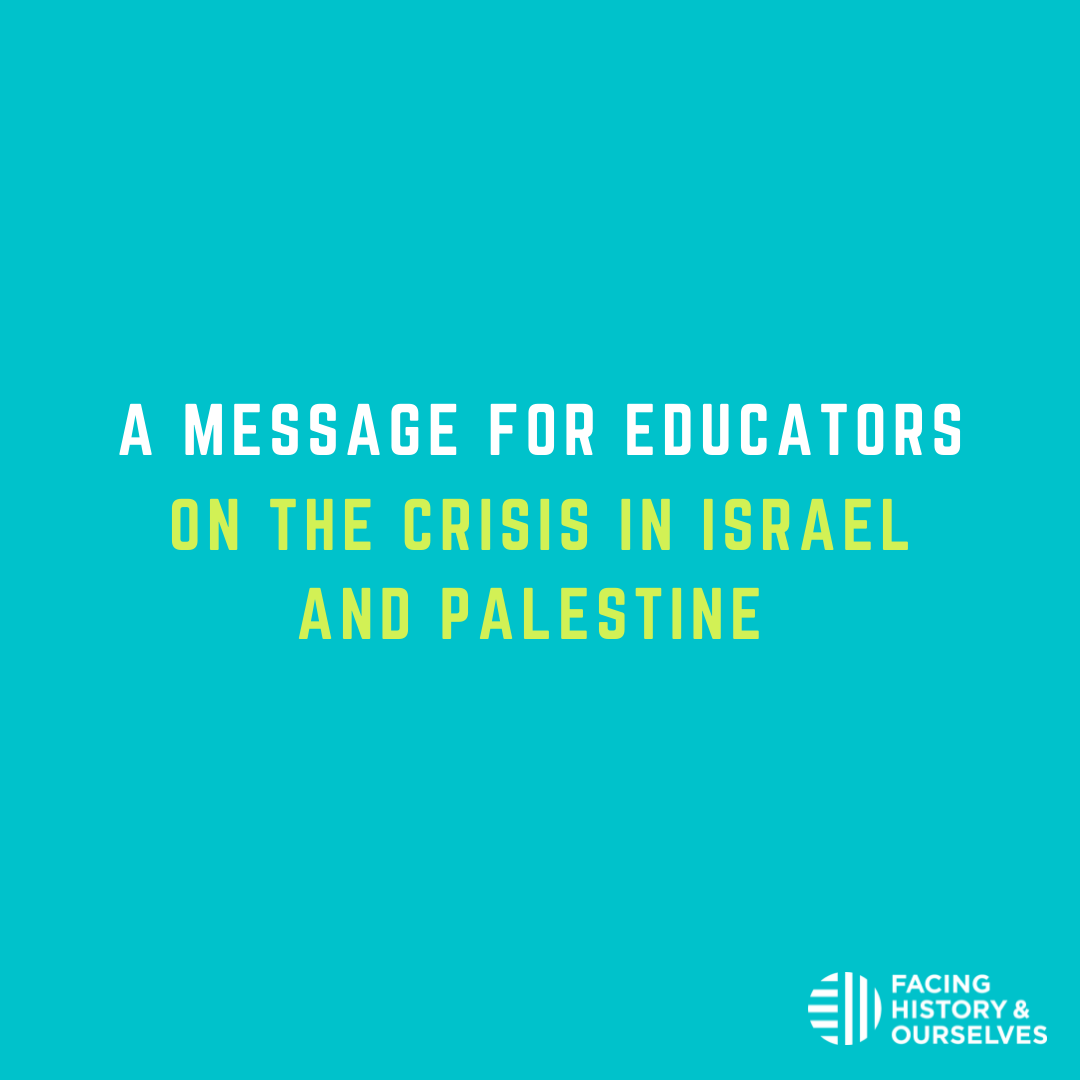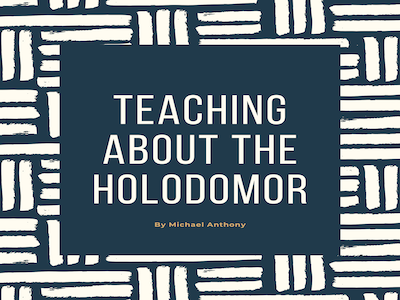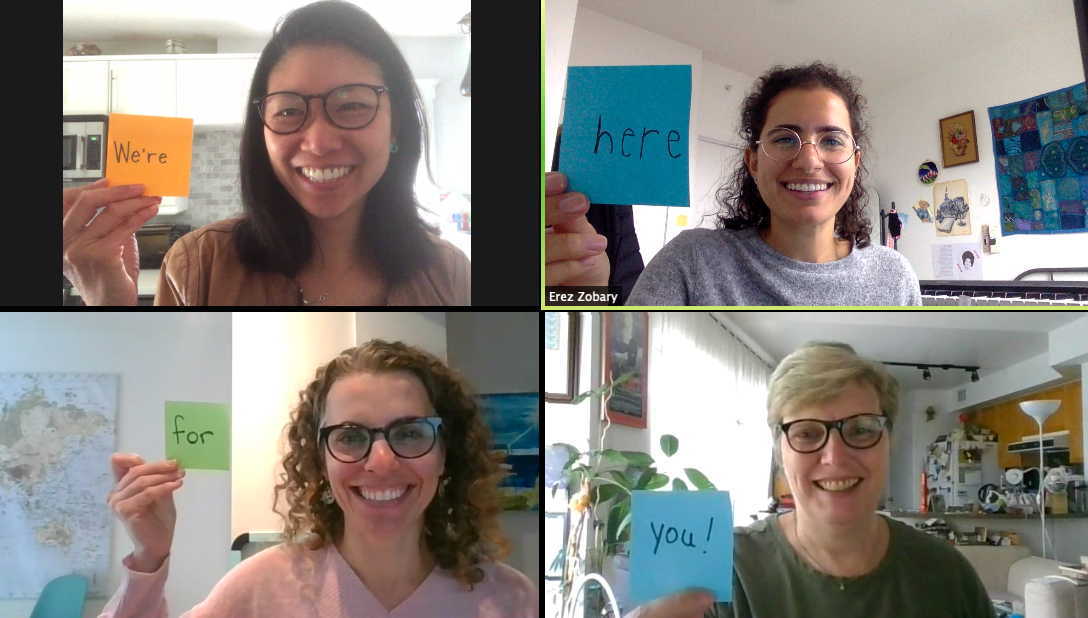It’s not about what you do on the day of National Truth and Reconciliation, it’s about all that you have done leading up to the day, all the research, all the reading and learning. The discussions and discovering of TRUTHs about this country’s history. The day you put on that orange shirt is the day you acknowledge that you have listened and learned.
June is Indigenous History Month but it is my hope that we are always aware of the Indigenous people around us. Some of us may not share the same experiences in life, but whether you are Canadian or Indigenous or both, we have a shared history, from different perspectives.
Topics: Teaching Resources, Indigenous History, Indigenous, Indigenous Peoples' Day, Indigenous Awareness Month, Indigenous History Month
What would inclusion of Jewish identities look like year-round?
Posted by Facing History and Ourselves Canada on May 31, 2022
If you were to think of an identity chart for a Jewish person, what/who comes to mind? Depending on how many Jewish people you know, you may be falling into a singular story of who is Jewish. If we think about pop culture, then perhaps you are thinking of Tevye the MilkMan, Barbara Strrissand in Yentl or Jerry Seinfeld. While they are iconic characters, this perpetuates a singular story of what a Jewish person is. Let’s unpack and move away from singular stories because there is no one way of looking and being Jewish.
Topics: Identity, Teaching Resources, Jewish Education Program
Resources for Genocide Awareness Month and Beyond
Posted by Facing History and Ourselves Canada on March 30, 2022
In 2015, the House of Commons designated April as Genocide Remembrance, Condemnation, and Prevention Month and committed to “[honouring] the memory of the victims of genocide and reflect on the root causes of these tragedies, so that they never happen again.”
Topics: Armenian Genocide, Facing History Resources, Genocide/Collective Violence, Teaching Resources, genocide, Genocide and Crimes Against Humanities Course, Inside a Genocide Classroom
This Remembrance Day, We Begin with Why we Remember
“I remember him leaning in and asking why I would want to forget. ‘Memory,’ [Holocaust survivor, Elie Wiesel] said, ‘wasn’t just for ... survivors. The people who ask us to forget are not our friends. Memory not only honors those we lost but also gives us strength... Nothing good comes of forgetting; remember, so that my past doesn’t become your future’....”
Topics: Classrooms, Facing History Resources, Teaching Resources, Remembrance Day
In this blog post Stella Kim, one of the co-writers of “Addressing Anti-Asian Racism: A Resource for Educators” and Toronto District School Board secondary science and physics teacher, shares about the process of creating this resource and how you and your colleagues can use this resource for professional learning.
Topics: Teaching Resources, anti-racism, asian canadian
Respectful Inclusion vs. Disrespectful Appropriation
Posted by Lorrie Gallant, Jasmine Wong, Erez Zobary on July 5, 2021
June was Indigenous History Month. Throughout the entire year, we recognize how important it is to be striving towards meaningful inclusion of Indigenous histories, knowledges, ways of being and contributions.
Topics: Teaching Resources, Indigenous History, Culturally Responsive and Relevant Pedagogy, Indigenous
A Message for Educators on the Crisis in Israel and Palestine
Posted by Facing History and Ourselves Canada on May 27, 2021
As the ceasefire in Israel and Gaza continues to hold, Facing History and Ourselves mourns the loss of life and bears witness to the trauma wrought by the conflict. We recognize that addressing the recent violence will require careful preparation by both educators and students.
Topics: Teaching Resources, current events
This blog by Ontario educator, Michael Anthony, explores his journey learning and teaching about The Holodomor as part of the Genocide and Crimes Against Humanity course and provides helpful resources to integrate into your classroom.
Topics: Genocide/Collective Violence, Teaching Resources, genocide, Genocide and Crimes Against Humanities Course

